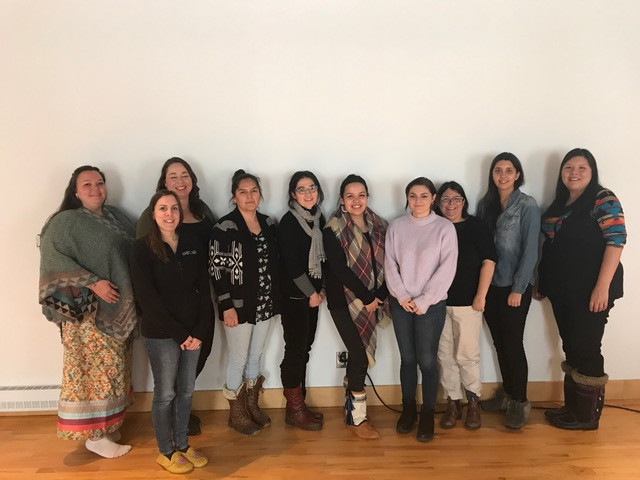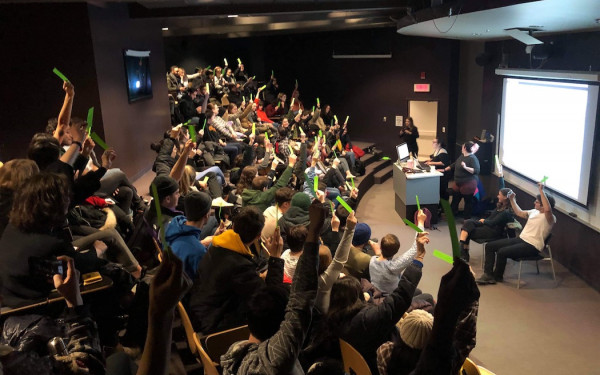Concordia Professor to Work on Youth Network Chair
Research Will Focus on Development of Indigenous Youth in Quebec
In December of 2018, Concordia professor Natasha Blanchet-Cohen was announced to have been granted a large amount of funding as part of joining the Youth Network Chair: Pathways toward youth autonomy and fulfilment in a transforming society.
The six year project is still in its early stages, and will bring together 120 different researchers to create a platform for sharing and building knowledge around youth issues in Quebec, as well as developing programs, policies, and public services to address these issues.
A 2018 survey from Statistics Canada noted that while the number of young Indigenous people is growing, Indigenous youth are particularly at risk of poor mental health.
Blanchet-Cohen has been researching and working with Indigenous youth for many years already, and will be joining the division of the research chairs focused on First Nations and Indigenous youth issues, focusing on youth between the ages of 15 and 29 years old.
“Youth aren’t the future, they’re the present,” said Blanchet-Cohen. “That age group represents the majority of the [Indigenous] population, and their reality is quite different and distinct.”
“There hasn’t been a lot of emphasis on youth, in terms of research and getting to know what those realities are,” she continued.
While Blanchet-Cohen’s division was originally described as receiving $1.1 million in funding, she clarified that after dealing with administrative fees, the program’s will receive around $150,000 per year over the next six years.
The Youth Network Chair is divided into four programs, with focus delegated to health, education, employment, and First Nation youth.
According to Blanchet-Cohen, the research looks to improve practices with Indigenous youth by creating sustainable and culturally safe programs.
Some of the projects being planned within the Youth Network Chair include working with the Regroupement des Centres D’Amitié Autochtone de Québec to enhance employment programs for Indigenous youth in urban areas, and coordinating with the Femmes Autochtones du Québec to use visual-based methodologies to understand leadership roles through the eyes of Indigenous women.
Many key aspects of these projects involve working with Indigenous youth organizations, and involving youth as co-researchers.
Geneviève Sioui, Concordia’s Indigenous community engagement coordinator, is also involved with the project. Sioui expressed that she is looking forward to creating partnerships between the other universities involved with the Network Chair, and the communities who will also benefit from the research.
“The goal of the research chair is to create partnerships with other universities and Indigenous organizations, and to support what they identify as priorities that need to be worked on,” Sioui said.
Sioui also a member of Concordia’s Indigenous Directions Leadership Group, a group tasked with exploring, identifying, and changing how Concordia supports and uses Indigenous research in regards to its own population of Indigenous students.
As a member of the IDLG and the Office of Community Engagement, Sioui believes supporting the research chair will be beneficial, and is focused on seeing funding given to the project being put to hiring Indigenous research assistants, in order to give them the opportunity of having a starting point in their own research.
The research collected by the network chair will play a significant role in influencing community programs and policy, as well as supporting Indigenous youth in terms of health and educations programs and services, a lacking area the Quebec government has acknowledged and intends to rectify.
Blanchet-Cohen is excited about the project, and hopes the legacy of the work to come will help improve the lives of Indigenous youth, recognizing the diversity of their needs and perspectives, and giving them a voice in Quebec for years to come.






_600_375_90_s_c1.jpg)
